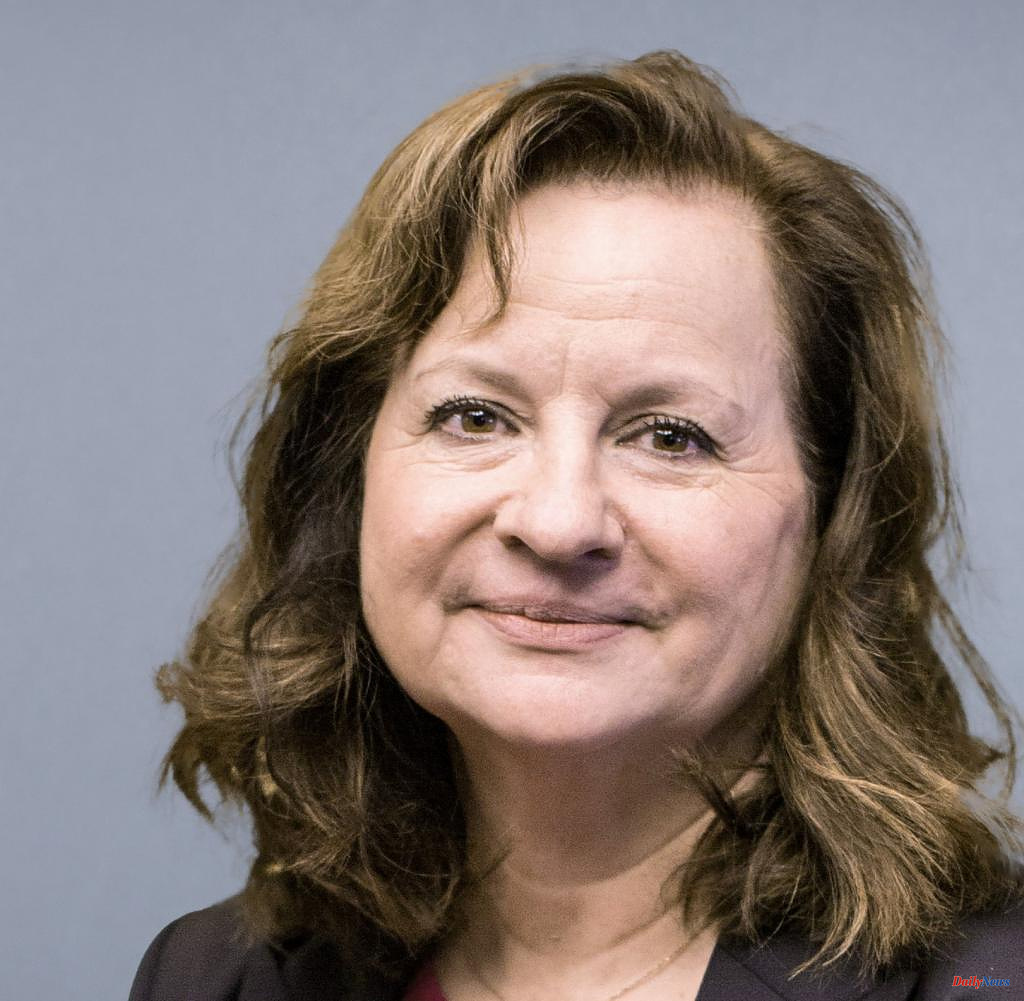Critics of Germany's license fee are rubbing their hands as France demonstrates what appears to be so easy: Paris abolished the license fee quickly and painlessly, without structural reforms, but with a promise to continue to guarantee the financing of public service media.
Emmanuel Macron has thus kept his first election promise before the summer break. In March of this year, in front of only around 200 supporters, he announced the abolition of the EUR 138 broadcasting fee per year on the grounds that he wanted to strengthen the purchasing power of households.
But France's about-face cannot simply be transferred to the Federal Republic, because the media landscapes can only be compared with difficulty. In France there were good, mainly formal, reasons for abolishing the license fee. So far, the 138 euros have been collected together with the residential tax. Since Macron has gradually abolished the latter and it will finally be abolished for all households in 2023, the administrative effort for the continuation of the license fee would have been enormous.
On closer inspection, the abolition of the annual fee also turns out to be an allocation trick: At first glance, the fee payers are relieved, but Macron wants to compensate for the missing 3.7 billion euros with revenue from VAT. As is well known, value added tax is one of the taxes that weighs the most on low-income households.
In addition, it is suggested that everything will remain the same for the broadcasters. But when Parliament votes on the radio and television company's annual budget, nobody can guarantee the promised continuity of funding for the stations, which is enshrined in the constitution. Even those who think the abolition is overdue now criticize it as premature, even improvised, reform.
Conservative senator Jean-François Husson criticized the government for “sending the credits before the show started”. In a report a few weeks earlier, he had called for the merger of television and radio stations.
According to a study by media scientist Julia Cagé for the left-leaning Fondation Jean Jaurès, more than half of those questioned in France are in favor of keeping or reforming the license fee, which they feel is fairer. Only 20 percent consider the abolition decision to be correct. In her analysis, Cagé warns of a weakening of the democratic culture of debate and opinion-forming.
She advocates a reform based on the Scandinavian model. In Finland, Sweden and Norway, the license fee is levied in proportion to income, making it 'fairer in terms of taxation'. This means that the fee is “better accepted and accepted” by the population, according to the expert
Ex-President Nicolas Sarkozy had already abolished advertising on fee-based channels in 2008, thereby weakening them financially. Macron once described the public broadcasters as a "disgrace". What was meant above all were encrusted administrative structures and the lack of effort to win over a young audience.
As in Germany, the pros and cons of the debate in France also reflects a social division: the programs of the public broadcasters are considered elitist and tend towards the left. What at first glance looks like a popular measure is therefore also a populist one. However, the MPs from Marine Le Pen's Rassemblement Nation (RN) party voted against the abolition of the broadcasting license fee because they believe the reform does not go far enough.
Many reactionary voices welcome the abolition and wish that it was only a first step towards privatization. Among them is failed right-wing presidential candidate Éric Zemmour, who owed his popularity to a daily show on a private channel owned by billionaire Vincent Bolloré. The latter is no exception.
A dozen billionaires in France own more than 80 percent of national newspapers, 95 percent of political magazines and well over half of radio stations. Many therefore see the state-financed media as an important balance in times of fake news.
However, the culturally conservative magazine “Causeur” notes with satisfaction that there was no outcry among the population and analyzes the comments on social media as confirmation of the rift between “the people and the elite”: “The public service media are used as a reservoir of progressive morality and the bobo culture of the Parisian elite".
If you watch the evening news of the national television channel France 2 regularly, you certainly cannot get the impression that you are watching an elite programme. Not only during the summer break does the main news show look like a colorful overview of mixed reports. Politically relevant topics or even foreign policy developments are often only mentioned after reports of house fires or snowstorms on the motorway.
The national radio stations, on the other hand, are so varied in their programs that not only writers get their money's worth. Anything but a minority program for Parisians is France Inter's morning show, which has a market share of 14.5 percent.
After allegations that she was too left-leaning, guest commentators of all political persuasions had their say every day. With almost seven million listeners, France Inter is the most listened to radio station in France.












